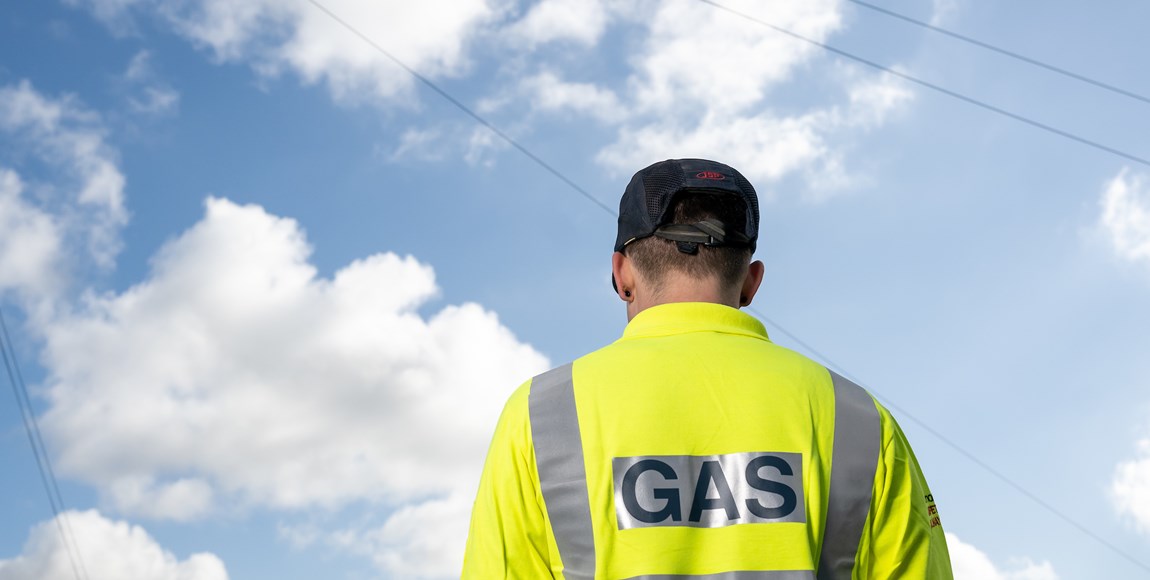With the UK Government and gas networks exploring the possibility of switching homes from natural gas to hydrogen heating to help the country reach Net Zero carbon emissions, Wales & West Utilities has published new analysis and recommendations to ensure that all customers – including those in vulnerable situations – are supported through the transition.
The most recent UK statistics show that 13.9 million people living in the UK have a disability, and 1 in 4 UK residents experience mental health issues every year. The gas emergency and pipeline service commissioned independent experts Energy Systems Catapult to research and explore the challenges of transitioning the UK’s diverse energy customer base from natural gas to hydrogen.
The work, which involved engaging with industry experts as well as interviews with people in a variety of vulnerable situations, has highlighted many consumer needs that must be met during a hydrogen transition. It also identifies key steps that will increase the likelihood of customer acceptance, and importantly, ways to minimise the impact of the transition on customer’s daily lives.
Matt Hindle, Wales & West Utilities Head of Net Zero & Sustainability, said:
Hydrogen is essential to decarbonise home heating and will play a key role in helping the UK meet its Net Zero targets. While repurposing the gas network to supply hydrogen will avoid the need for more disruptive changes to homes and businesses, it is important to understand the needs of customers throughout that process.
From supporting physical wellbeing to addressing concerns over anxiety and mental health, it’s essential that we understand the steps we can take to make sure that all energy customers – particularly those in vulnerable situations – are supported during the transition to green energy.
This report, authored by independent experts, maps out key customer touch points, and through feedback from stakeholders and interviews with people in vulnerable situations, has produced a blueprint for a proposed process to transition customers – including the most vulnerable – to hydrogen from natural gas in a safe way.
The report, Inclusive Innovation - Safeguarding the Switch to Domestic Hydrogen, will now be shared with the other UK gas networks and organisations interested in converting homes to decarbonised heating, to help inform their customer engagement strategies. It will also inform the customer engagement strategy for the Redcar Hydrogen Community where Wales & West Utilities is partnering with Northern Gas Networks (NGN), to deliver a detailed proposal for up to 2,000 homes and businesses in Redcar to be heated by locally produced hydrogen.
Energy Systems Catapult’s Home Decarbonisation Business Lead, Rebecca Sweeney, said:
Decarbonising people’s homes presents one of the biggest challenges of the Net Zero transition. The move away from fossil fuel-based systems will mean a variety of alternatives will have to be considered, including electric heat pumps, district heating, domestic energy storage and hydrogen. For any solution to be truly effective, it will not only have to meet the diverse and dynamic needs of consumers across society but do so in a way that presents as little risk as possible.
This study helped to shine a light on some of the challenges that consumers in a variety of vulnerable situations could face, if the UK choses to convert some regions to hydrogen. Furthermore, it provides a useful foundation for the measures that could be deployed to ensure the wellbeing of those with additional support needs and should prove to be a valuable resource for the forthcoming Hydrogen Village Trials.
Wales & West Utilities is the company that look after the pipes that keep the gas flowing to heat the homes and power businesses of 7.5m people across Wales and south west England. They operate the gas emergency service, connect new homes and businesses, and upgrade the gas network so it’s safe today and fit for the future.
The company is also committed to playing its part in getting to Net Zero carbon emissions by 2050. It has 46 power stations connected to its network support renewables like wind and solar power, while 20 green gas sites inject enough decarbonised green gas to power approx. 180,000 homes, Additionally, the company’s network supplies bus garages in three locations across the south west of England, fuelling CNG buses that improve air quality and reduce carbon emissions from public transport.




